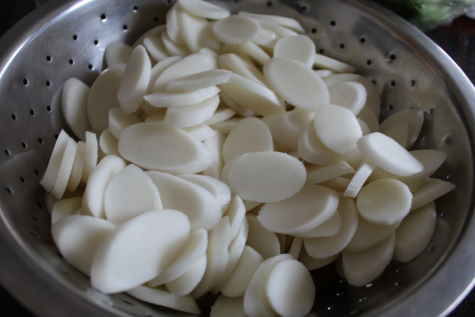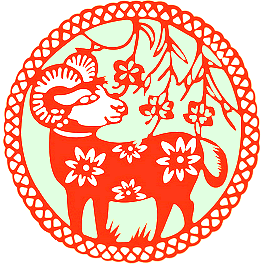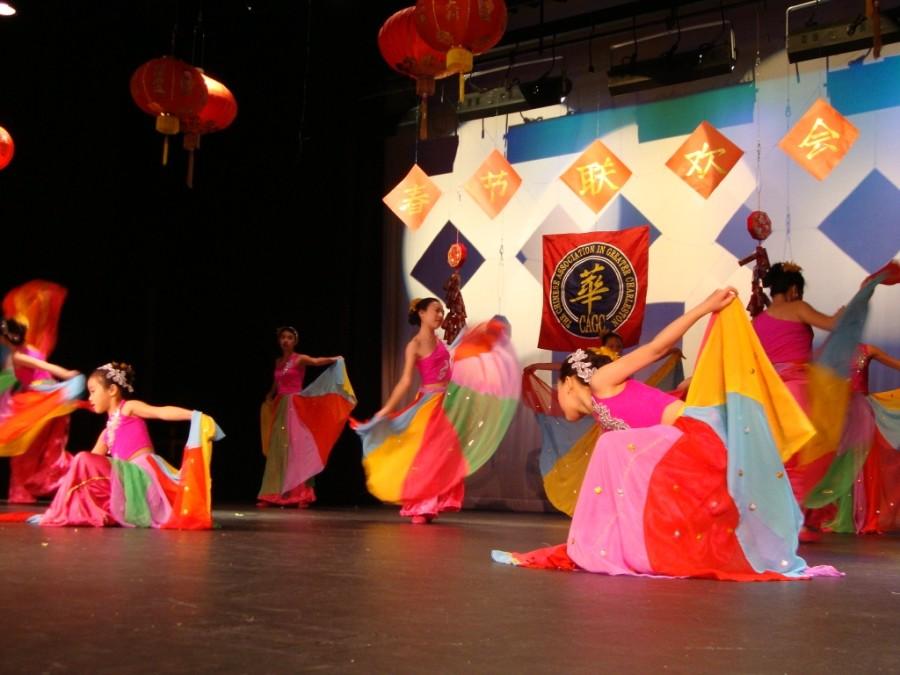It’s Chinese New Year 2015! Happy Year of the Sheep!
February 18, 2015
Chinese New Year, also known as the Spring Festival, is on Thursday, February 19 this year. Let’s say farewell to the year of the horse and welcome the year of the sheep/goat!
Traditionally, people celebrate by reuniting with family and friends, organizing parades, decorating, and honoring ancestors. At dinner, families eat fish, the Chinese word for which also means “abundance,” and nian gao, or New Year’s rice cakes. For good luck in the new year, people break old teacups or platters, symbolizing the act of moving on from the old year. Elders give children little red envelopes with money inside, called hong bao. Red and gold are ubiquitous during Chinese New Year and represent fortune and joy. Dragon parades weave through the streets, and people light fireworks and firecrackers to scare away evil.

Nian gao, made of sticky rice flour, is eaten for Chinese New Year.
The Chinese Association of Greater Charleston hosts a Chinese New Year festival. Guests watch lively traditional performances, such as the Lion Dance, in which one or two performers demonstrate the balance and energy of the colorful Chinese lion to the beat of drums. There are also graceful Chinese fan dancing, choir performances, and instrumental performances. In addition, people celebrate with Chinese food prepared by local restaurant owners in the Chinese Association.
While the Mid-Autumn Festival celebrates the harvest, the Spring Festival celebrates the new planting season. The date of Chinese New Year varies from year to year, as it is based on the lunar calendar, but it always occurs in January or February.
新年快乐! Xing Nian Kuai Le!
恭禧发财! Gong Xi Fa Cai!
Happy New Year!

“Sheep” in Chinese is 羊 (“yang”).














